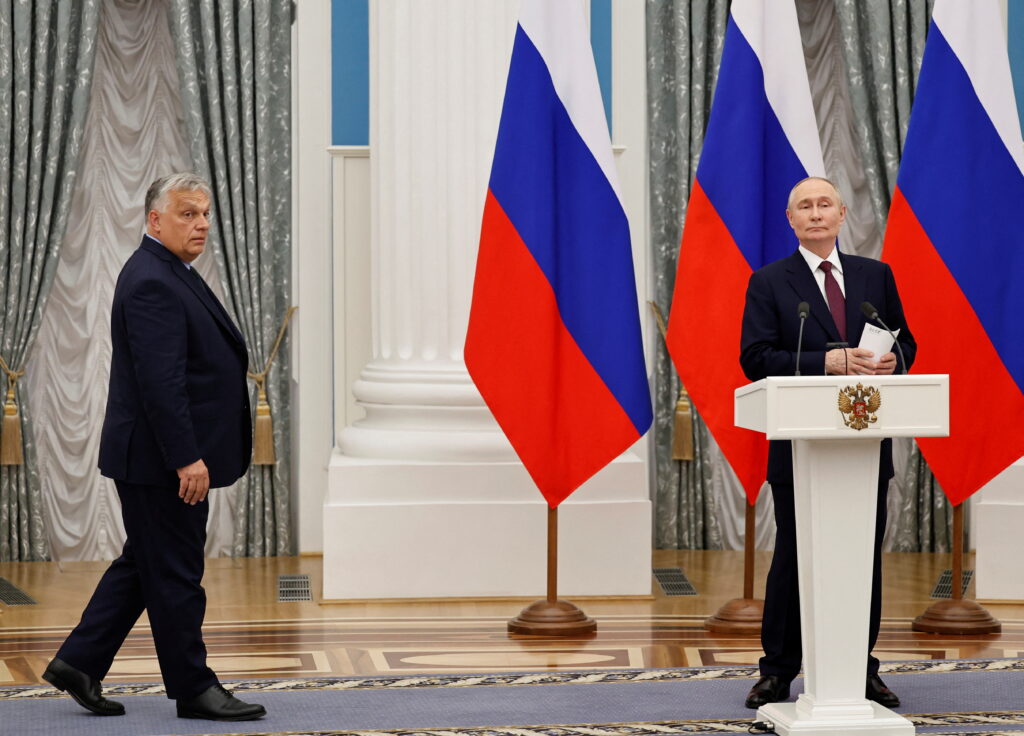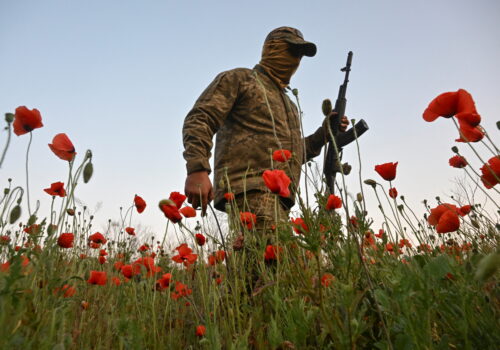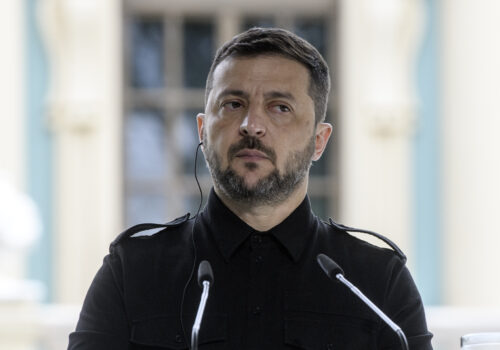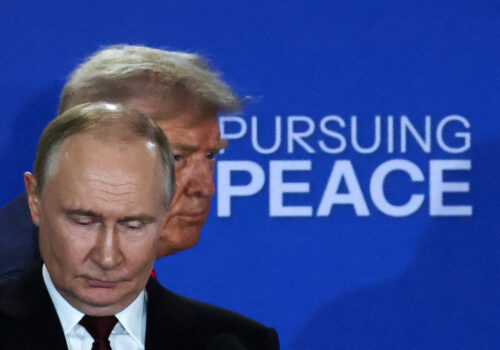Hungarian officials have responded angrily in recent weeks to repeated Ukrainian attacks on the Kremlin’s Druzhba pipeline, which supplies Hungary with Russian oil. Ukraine hit the pipeline on three occasions during August, provoking protests from Budapest and warnings from Hungarian Foreign Minister Peter Szijjarto that Ukraine “must expect consequences.”
Hungary’s first act of retaliation was to ban Ukraine’s drone force commander Robert Brovdi from entering the country. Brovdi, who is of Hungarian descent, responded defiantly. In a strongly-worded social media post, he branded Hungary’s pro-Kremlin authorities “dancers on bones” and accused them of being complicit in Russian war crimes by funding Moscow’s invasion. “Your hands are soaked in blood up to the elbows, and we will not forget it,” he commented.
Brovdi’s reply may not have been very diplomatic, but it reflected the painful truth. Moscow’s invasion of Ukraine is being financed primarily by the export of Russian oil and gas. As one of the Kremlin’s last remaining European customers along with neighboring Slovakia, Hungary is feeding Putin’s war machine.
Stay updated
As the world watches the Russian invasion of Ukraine unfold, UkraineAlert delivers the best Atlantic Council expert insight and analysis on Ukraine twice a week directly to your inbox.
Since the start of Russia’s full-scale invasion of Ukraine in February 2022, Hungary and Slovakia are believed to have paid Moscow close to $6 billion in tax revenues for crude oil deliveries alone. This contribution is enough to finance thousands of the cruise missiles that are used to bomb Ukrainian towns and cities on a daily basis.
Following Russia’s invasion, the EU announced plans to completely phase out Russian fossil fuel imports. However, rather than diversify away from Moscow, Budapest and Bratislava have actually increased their dependency on Russian energy deliveries. Hungary has expanded its reliance on Russian oil from 61 percent on the eve of the invasion to the current figure of 86 percent, while Slovakia is now thought to be almost entirely dependent on Moscow for oil. Similar trends are evident in terms of Russian gas exports to both countries.
This continued reliance on Russia is a choice rather than a necessity. A report published earlier this year by the Center for the Study of Democracy (CSD) and the Center for Research on Energy and Clean Air (CREA) found that Hungary and Slovakia could both potentially diversify their energy supply strategies by importing non-Russian oil via alternative sources such as Croatia’s Adria pipeline.
Opportunities for diversification also exist in relation to natural gas. For example, the two countries could secure non-Russian gas deliveries in the form of liquefied natural gas from global suppliers via existing LNG terminals located in Germany, Poland, Italy, or Greece.
Eurasia Center events

Hungary and Slovakia argue that their reliance on the Kremlin is motivated by cost, with imports from Russia cheaper than purchasing energy resources elsewhere. While wholesale prices paid by Hungarian and Slovakian buyers are not officially released, data published by the European Commission indicates that natural gas prices for end consumers in Hungary and Slovakia are among the highest in the EU. In other words, Hungarian and Slovakian consumers do not appear to be any better off than their EU peers as a result of ongoing Russian oil and gas deliveries.
A key long-term oil export contract between Hungarian and Russian companies was due to expire at the end of June 2025, thus potentially freeing the Hungarian side of contractual obligations and empowering it to seek alternatives elsewhere. It is unclear whether the agreement has been renewed or if Hungary is now simply buying Russian oil on the spot market, but continued imports point to the fact that the Hungarian government has no plans to turn away from Russian fossil fuels.
Hungary has known for more than three years that the EU is aiming to end energy imports from Russia. Budapest also has alternative options available that would allow the country to reduce its reliance on Russian oil and gas supplies. Instead of diversifying, however, the Hungarian government has chosen to deepen its dependence on the Kremlin. They have done so despite knowing that they are helping to finance the largest European war since World War II.
Ukraine’s recent strikes on the Druzhba pipeline are not only an attack on Russia’s war economy. They are also a wake-up call for Hungarians highlighting the role being played by their country in the funding of Russia’s invasion.
Dr. Aura Sabadus is a senior energy journalist who writes about Eastern Europe, Turkey, and Ukraine for Independent Commodity Intelligence Services (ICIS), a London-based global energy and petrochemicals news and market data provider. Her views are her own.
Further reading
The views expressed in UkraineAlert are solely those of the authors and do not necessarily reflect the views of the Atlantic Council, its staff, or its supporters.

The Eurasia Center’s mission is to enhance transatlantic cooperation in promoting stability, democratic values, and prosperity in Eurasia, from Eastern Europe and Turkey in the West to the Caucasus, Russia, and Central Asia in the East.
Follow us on social media
and support our work
Image: Hungary's Prime Minister Viktor Orban and Russia's President Vladimir Putin attend a press conference following their meeting in Moscow. July 5, 2024. (REUTERS/Evgenia Novozhenina)




